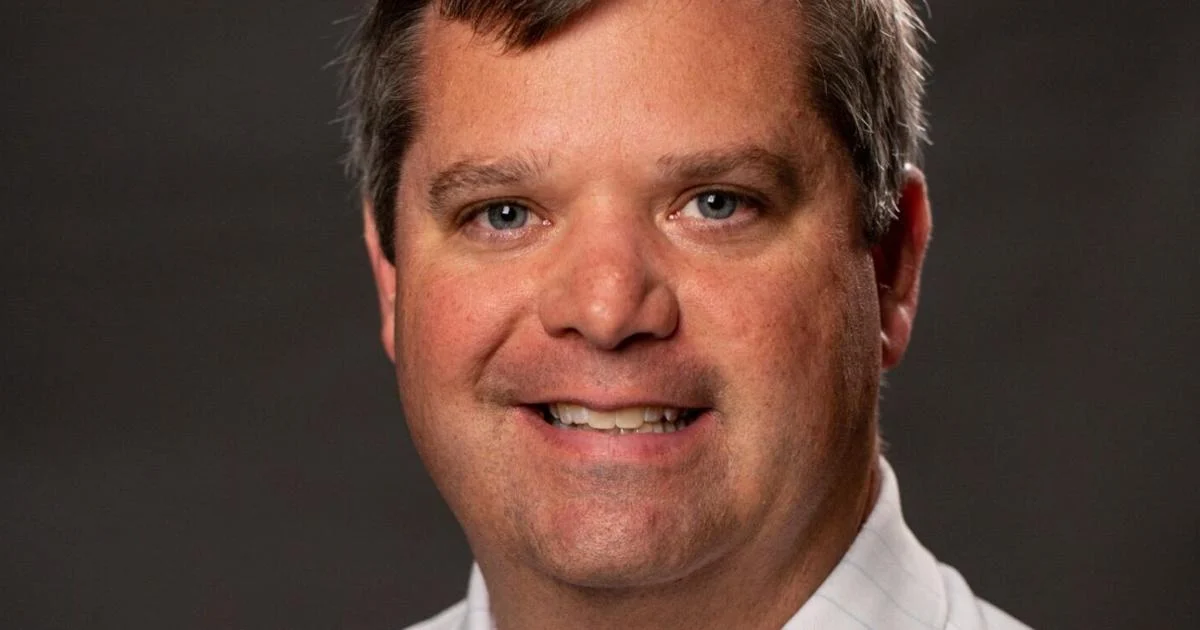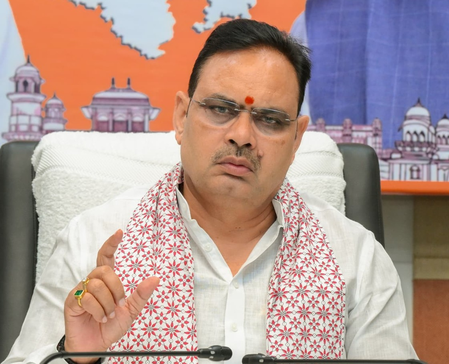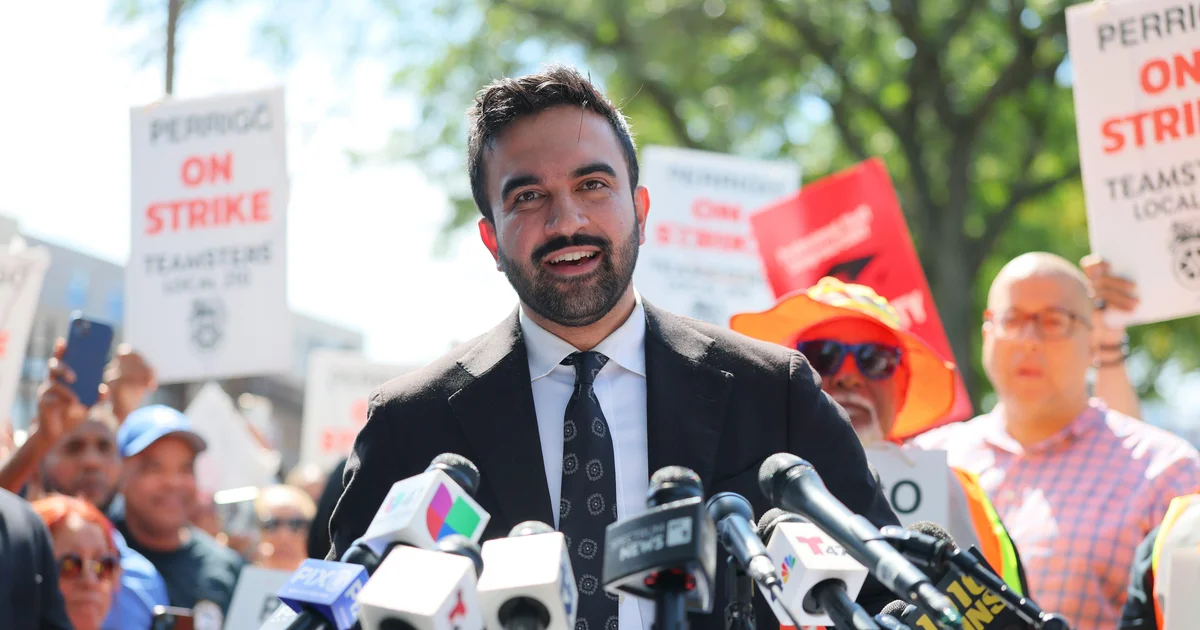
The Post and Courier’s Education Lab will host a public forum on charter schools Tuesday at the University of South Carolina’s College of Education. As we prepare for the event, it’s worth reflecting on what charter schools are, and just as important, what they are not. As the organization that represents charter schools across the state, we spend a lot of time thinking about this.
First and foremost, charter schools are public schools. They are tuition-free, open to all students and funded with taxpayer dollars. They operate under nonprofit boards and are held accountable by authorizers approved by the state. In exchange for the flexibility to try new approaches, they must meet performance goals spelled out in their charters.
If they don’t, they can — and do — close. The possibility of closure is one of the differences between charter schools and traditional public schools.
South Carolina’s charter law was passed 30 years ago with the main purpose of giving families more public school options. Today, more than 60,000 students attend charter schools from the Lowcountry to the Upstate, in both urban and rural communities.
But reforms are needed as charter schools have grown and evolved. Recent news stories and editorials have raised concerns about governance, transparency and oversight. These issues deserve and are getting attention in the Legislature. Public schools, whether charter or district, must be good stewards of public funds and operate with integrity.
It’s important to keep all of this in perspective. Every part of our education system, including district schools, magnets and even higher education, have faced challenges related to accountability or governance at one time or another. Holding charter schools to a high bar is fair; singling them out as inherently flawed is not.
South Carolina’s charter schools undergo annual audits, submit performance reports and operate under legal contracts. Where gaps exist, like conflict-of-interest rules or compliance, there is room for improvement. However, those conversations should not overshadow the very real successes and real demand from families for more school options.
What makes charter schools unique is their balance of innovation and accountability. Because they are not bound by a one-size-fits-all model, charter schools can tailor instruction to the needs of students. Some focus on project-based learning, others on STEM or dual-language immersion, and still others on career pathways or 24/7 learning.
And at the same time, charters face clear consequences if they fail to perform. Authorizers can intervene, impose corrective action or ultimately revoke the charter. That’s a level of accountability many district schools never face. In an ideal system, charters feel the weight of both pressures: to be stalwart innovators and stalwart believers in accountability.
Charter schools are sometimes seen as a competitive force to district schools. In reality, they are a complementary force, part of the same system, united by the same mission: ensuring students have access to safe, supportive and challenging education.
When charter schools succeed, the entire public school system benefits. Lessons learned in one setting can inform others. Families gain options. Communities gain stronger schools.
We should address shortcomings openly, strengthen laws where needed and ensure transparency and accountability. At the same time, we should recognize the value that charter schools bring to our state. Having visited more than 70 charter schools over the past few years, I can attest to the incredible experiences that students are having.
That said, charter schools are not perfect. No public schools are. But they are an essential and growing part of how South Carolina delivers on its promise to students. Through collaboration, thoughtful oversight and a shared commitment to quality, charter schools can continue to expand opportunities and innovation, while maintaining the focus where it belongs: on students.
As we discuss the future of charter schools, let’s commit to a balanced dialogue. Criticism has its place, but so does recognition of progress and optimism about what’s possible.
Kevin Mason is executive director of the Public Charter School Alliance of South Carolina, a nonprofit organization that advocates for and supports high-quality public charter schools across the state.



